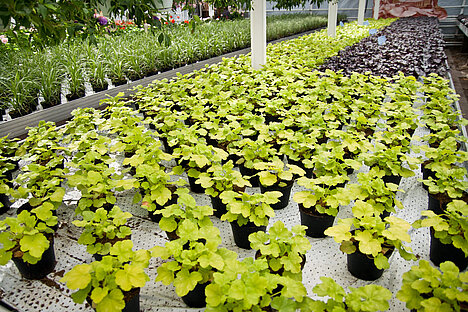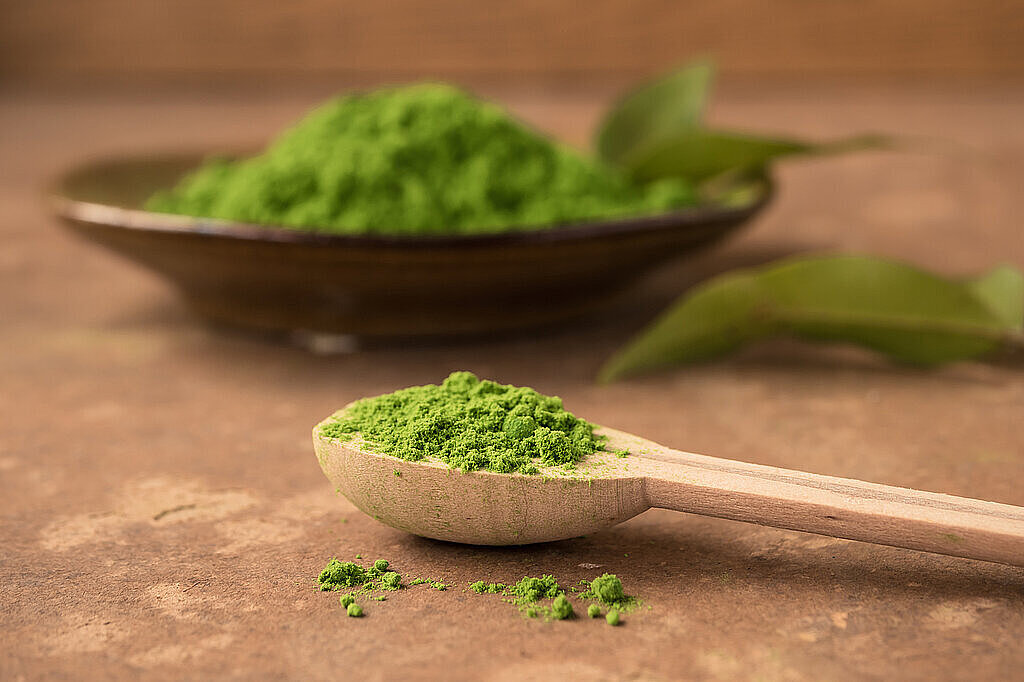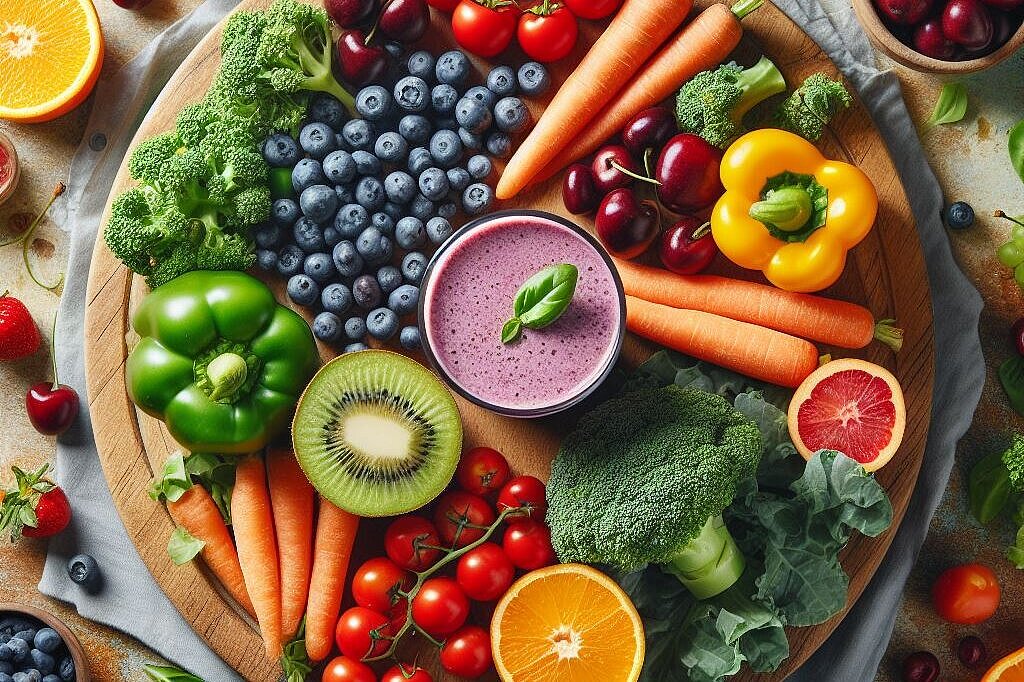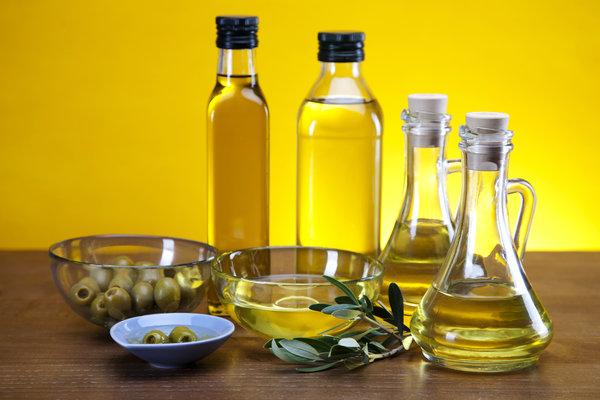Plant protein hydrolyzate

What are the benefits of plant protein hydrolyzate for dogs?
Plant protein hydrolysate has several benefits for the health and well-being of dogs. Firstly, it can help to meet the protein requirements of dogs suffering from malnutrition, stress, illness or ageing. Secondly, it can promote immune function and wound healing as it provides important amino acids needed for these processes. It can also improve digestion, as it is easier to digest than whole proteins and causes fewer allergies. Finally, it can also nourish dogs' coats and skin as it moisturizes and soothes inflammation.
What are the disadvantages of plant protein hydrolyzate for dogs?
Plant protein hydrolysate also has some potential disadvantages for dogs that you should be aware of. Firstly, it can lead to an oversupply of protein if it is used in too high a dose or for too long. This can put a strain on the kidneys and liver and contribute to metabolic disorders. On the other hand, there may be intolerances or side effects if the dog is allergic to certain plant proteins or if the product is contaminated or expired. Therefore, you should always pay attention to the quality and expiry date of the product and follow the dosage according to the vet's instructions.
How to use vegetable protein hydrolyzate for dogs?
Plant protein hydrolyzate is available in various forms, such as powder, tablets or liquid. It can be added to the dog's food or water or administered directly. The dosage depends on various factors, such as the dog's weight, age, health and nutritional status. In general, however, a daily dose of around 1 to 2 grams per kilogram of body weight is sufficient. The duration of use should not exceed four to six weeks, unless the vet recommends otherwise.
Plant protein hydrolysate is a useful dietary supplement for dogs that can provide various health benefits. It can meet the protein requirements of dogs that suffer from various ailments or have an increased protein requirement. It can also improve immune function, wound healing, digestion and the coat and skin of dogs. However, attention should also be paid to possible disadvantages, such as an oversupply of protein or intolerances or side effects.
Properties 3
Are you looking for other ingredients with a specific property?
Just click on them to find more.
If you notice any signs of hypersensitivity or poisoning in your dog, you should see your vet immediately. We are not a substitute for a vet, but we try to be as accurate as possible. Every dog reacts differently and we recommend you get a second opinion or consult your vet if in doubt.
Stay healthy and take good care of your four-legged friend!😊
Similar to Plant protein hydrolyzate
Plants are living organisms that photosynthesize. This means that they use sunlight to produce sugar and oxygen from carbon dioxide and water. Plants are among the most important suppliers of oxygen...
Vegetable flour is a collective term for various types of flour obtained from plant sources such as soy, lupins, peas or hemp. These flours contain a high proportion of vegetable protein, which can...
Secondary plant substances are chemical compounds that are formed by plants to protect themselves from pests, diseases or environmental stress. They usually have an intense color, a strong smell or...
Vegetable fats provide energy and important nutrients for dogs. They are a source of essential fatty acids that dogs cannot produce themselves and must therefore obtain from their food. Essential...



